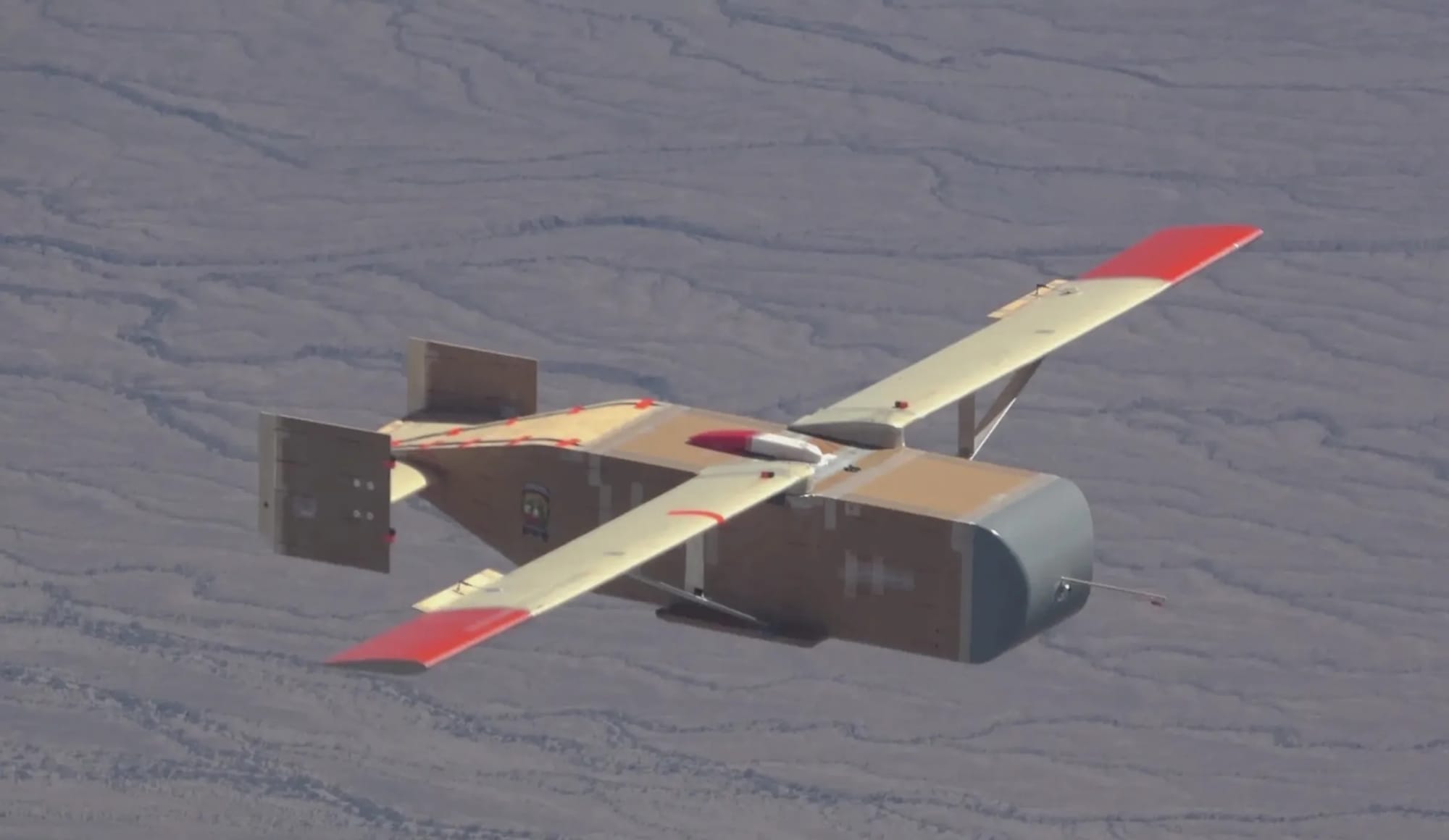UFO Objections: Aliens Wouldn't Do That
A good reason to not believe in UFOs is that only 13% of tenure-line faculty at major research institutions do. This post attempts to address other, less-good reasons people dismiss them.
Aliens Acting Weird
To quote someone who made a 150:1 odds bet against UFOs:
the supervast majority of probable alien intellects, would not come here across interstellar distances, quietly and hiding on arrival, and then occasionally fly around in giant visible vehicles
I agree that UFOs seem to act strange, but if they're truly “alien” to us, then we probably can't exclude any behavior as too nonsensical. Fellow humans from different cultures often seem bizarre; an intelligence from an entirely different biosphere is likely even more inscrutable.
(We should expect this to be doubly true for a civilization more advanced than ours, as a less complex system cannot model a more complex one.)
As an example, consider the Sentinelese. They're a population of uncontacted hunter-gatherers, totally isolated from the modern world on a small island in the Indian Ocean.

In the last 50 years, their interaction with global civilization has consisted of:
- Researchers leaving gifts, such as coconuts, aluminum cookware and a pig. They accepted the coconuts, but killed and buried the pig.
- A fisherman drifting too close, who they killed. A helicopter was sent to retrieve his body, but retreated from a hail of the islander's arrows.
- An American missionary attempting to speak to them in Swahili and only narrowly escaping with his life, an arrow literally shot into his Bible. Later he returned in a plastic kayak and was killed.
If you were these tribespeople, it would be difficult to explain the strange and illogical behavior of these aliens:
“They gave us coconuts and an impossibly light and strong dish, but also sent a horrible pink monster that we shot and buried.”
“They absent-mindedly floated by on their little wooden boats to be easily killed, but then summoned a huge and deafeningly loud insect with impervious skin.”
"He came with a boat and clothes of unimaginably fine quality, but spoke in a strange tongue and didn’t still didn’t get the message even when we shot his things full of arrows. We slew him when he returned.”
From our side of the beach, we can understand the intricacies of human civilization that could result in such wide-ranging interactions, but it’s clearly impossible that the Sentinelese would have a model of the outside world that simultaneously included plastic kayaks, anthropologists, domestic pigs, crazy missionaries and helicopters.
This example also conveniently gives an explanation of why UFOs might not interact with us more. When you're that far ahead, you value primitive societies for their anthropological content, and don't want to ruin it by getting involved.
UFO Tech Seems Bad
aliens can do whatever surveillance they want using far tinier devices; eg, covalent-bond-strong, micron-sized robots
One consistent thing about the future is that it's both more advanced and less advanced than you'd think. An ancient Roman in late 19th century America would be impressed by 60 mph locomotives and steel so abundant that it could be used to build entire bridges. That said, urban dwellers still getting around on horseback and streets subsequently choked under mountains of manure would seem incongruously primitive.
Similarly, Back to the Future's version of 2015 features flying cars, yet the protagonist is fired via fax. [1]

This is all to say that technology develops in uneven ways, sometimes for historical or path dependent reasons, but just as often because that's how the laws of physics play out. We don't use faxes anymore because data transmission speeds haven't been especially physically bottlenecked, and old fax lines can now carry high-speed internet.
Compare that to aircraft propulsion, where our most advanced hardware is basically an incrementally optimized version of what was first deployed in the 1940s. Below are charts showing the progression of jet engine pressure ratios (an indicator of thrust) and data transfer speeds. Pressure ratios have improved only about 10x since their inception, while data transfer technologies have improved more than 10,000x (note the log scale).

This means that in 2025 we talk on smartphones but drive around in largely the same way we did over a century ago (the Model T came out in 1908).
When physics will decide to ruin your party isn't predictable, and neither are the marvelous unlocks. From how we've seen the technological landscape has developed, we should expect any future to be uneven.
Why Do they Sometimes Crash?
I should note that believing UFOs doesn't necessarily imply believing in UFO crashes, but I'll address this anyways. As mentioned, technological progress is uneven, which means it's possible to develop the ability to do something usefully before being able to do it consistently.
Our own spacecraft are an example of this, as rocket launches fail a whopping 1-2% of the time. Ironically, our most technologically advanced transport is also our most unreliable by far. We don't know what technology UFOs might use, but if it's near the technological frontier, that's a reason it could have a non-zero failure rate.
There's also the possibility that they simply don't care. Craft could just be forgotten after completing a mission (like Voyager 1), or even intentionally disposable if they're cheap and mass-producible.

But Why Go to Another Planet Just to Fly Around?
You'll have to ask NASA.
In fact, Back to the Future's screenwriter said "We knew we weren't going to have flying cars by the year 2015, but God we had to have those in our movie"—audiences had come to expect them in any vision of the future. ↩︎